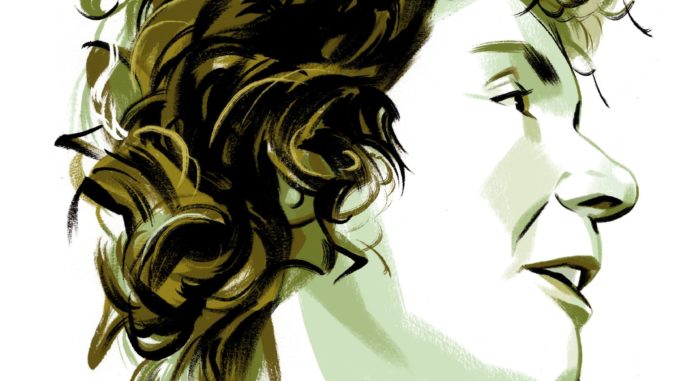
I got to know some interesting points from reading an interview transcript New York Time had with the English writer Jeanette Winterson. I think some of her opinion are quite unique, deep and intriguing . At least her thoughts don’t sound cliche. They gave me some haha moments. They also stimulated my thinking on the topic of poetry, language, reading and writing. Here are some of them, they are worth to reread again:
- Poetry is a wonderful sedative because it conjures up images and emotions without a story.
- For me, language is everything. I am not all that interested in the story or the characters if the language is floppy. Language is much more than a carrier of information. Language gives the reader the words she or he needs to manage their internal situation. This matters. It’s why I read poetry. Badly written books often make good movies, because the character and story are all that counts. Books that have a distinctive voice and a way with words take longer to read, and they make demands on the reader. I am aware that difficulty — however pleasurable and rewarding — is not in fashion. I don’t want language that is artificial or arcane — just language that says things in such a way that we hear what is being said, and register it in the depths of us. That way it is available for use when we need it.
- Reading it is like a very long conversation with an old friend trying to understand something magnificent. It is also, possibly, utterly bonkers.
- If you are writing the past, you need to invent a language close enough to the past in question, but near enough to us for the reader not to feel like they are reading in translation. The key to any encounter with the past is to understand it before you riff on it.
- If you love books you will be soaked in books and what you have read will return as what you have written.
- Reading isn’t data. Books more than ever are agents of freedom from a snoopy controlling data-driven nightmare that pretends we are free when we have never been more scrutinized. So reading certainly has moral value — and is increasingly subversive. Literature is a compass — useful to get your bearings even if you want to go in a different direction. Literature is a tool kit. Books are the most practical of endeavors. They teach us about life, about motive, about our own darkness, about why we act as we do, and they give us back real live language. Anything that frees your brain from the karate-chop syntax of newsfeed and social media is in part a meditative act.
- The purpose of art changes as society changes. Sometimes art has to break us up — sometimes art has to heal us up. Literature, because it is made of language, returns language to us. If we have the words, we are not silenced, although we learn, through the enforced quiet of reading, what it means to be silent.
Leave a Reply